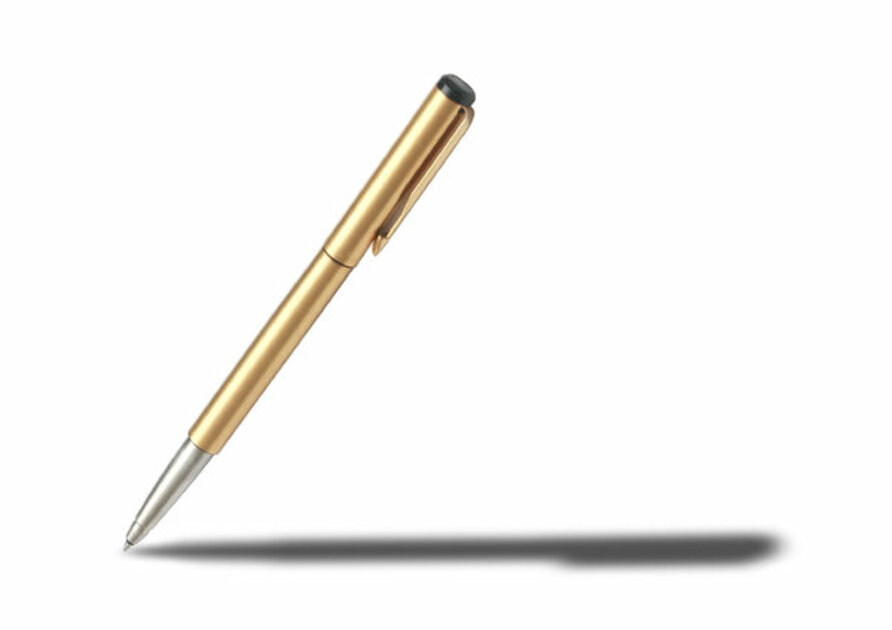
Ben Shapiro is famous for saying, “Facts Don’t Care About Your Feelings”. While he may be right, there is more to this than meets the eye.
Our Gemara on Amud Aleph discusses halachos about when we assume a captive to have been certainly killed or possibly just held hostage. One line of reasoning considered is that women may be different than men in this regard. A woman might be able to survive in captivity longer than a man, as the Gemara quips: “A woman comes with her own special weapons.”
What are this woman’s exact weapons of Persuasion? Tosafos (Avodah Zara 25b, “Ichah binyahu”) discusses two possibilities. Either because she can be exploited sexually, her captors will want to keep her alive, or since woman are generally less aggressive she will arouse their compassion and they will spare her.
Tiferes Yisrael (Yachin Mishna Taharos 7:4, “vachachamim”) uses this term also in reference to a woman’s particular style of argumentative persuasion, and in that context he did not mean it in a laudatory manner.
Are there gender differences in terms of preferred modes of argumentation and debate? According to researcher Huyen Nguyen (https://huyenttnguyen.com/research/ ), there are significant variation in speech patterns across genders. His research was based on an analysis of over 1500 debate team transcripts and the judges’ evaluations:
“Female speakers use more personal and disclosing speaking style, with more hedging phrases and disfluencies in their speeches. In their answers to questions from opponents during their speeches, they negate less while having notably longer and more vague answers. Evaluation-wise, across debates, having less analytical speaking style and more positive sentiment is associated with higher scores for female speeches… On average, speeches given by men are more analytical and less authentic. Women use slightly more hedges, fillers and personal pronouns, but fewer nouns and adjectives than men in their speeches.”
His research showed that women tend to use less analytical terms and more personal and emotional references. In so doing, they often scored lower on technical debate evaluation scores but often wete more persuasive. (As an interesting aside, he also found that women judges of debates tended to rate women lower than their male judge counterparts.)
Men and women think differently and argue differently. Respect for, and attention to these differences will allow for enhanced communication and resolution of disputes. Facts indeed may not care about our feelings, but we do.
Translations Courtesy of Sefaria, except when, sometimes, I disagree with the translation ![]()
If you liked this, you might enjoy my Relationship Communications Guide. Click on the link above.
Rabbi Simcha Feuerman, Rabbi Simcha Feuerman, LCSW-R, DHL is a psychotherapist who works with high conflict couples and families. He can be reached via email at simchafeuerman@gmail.com
 Previous
Previous

